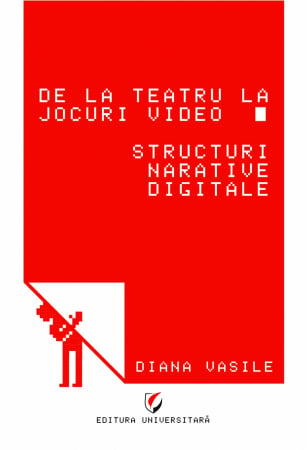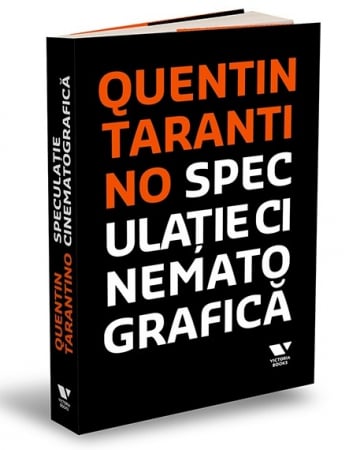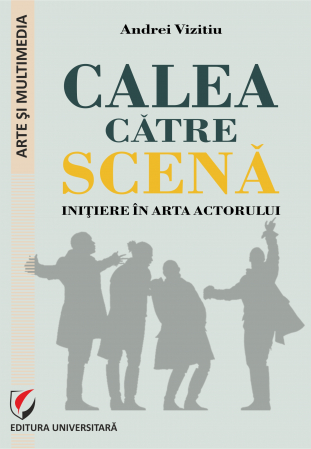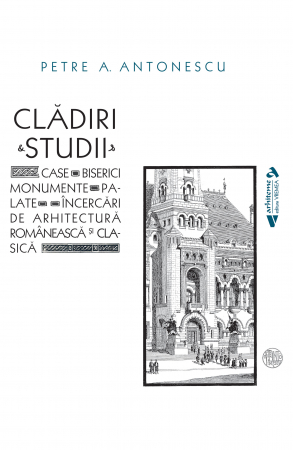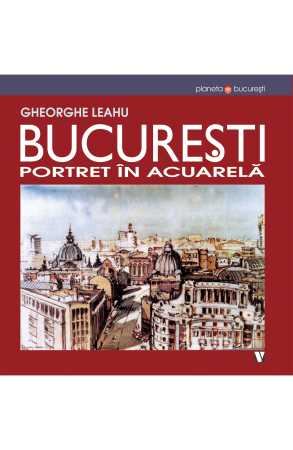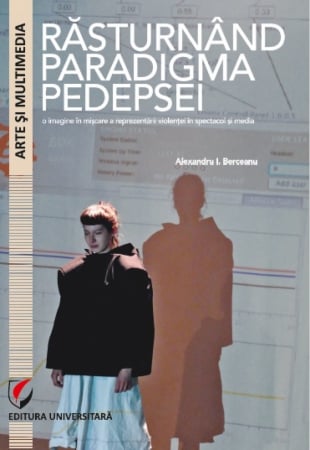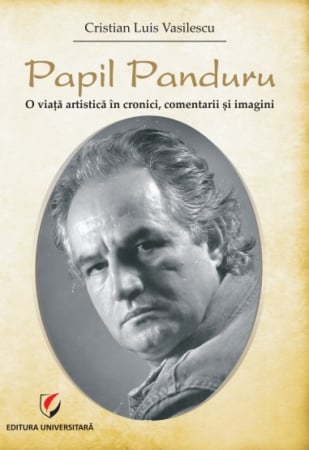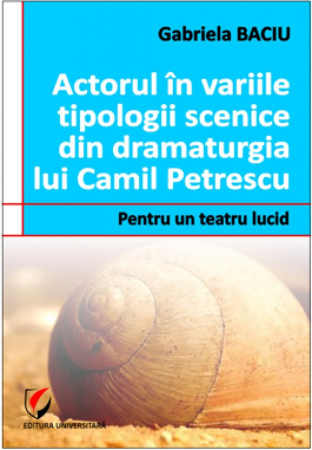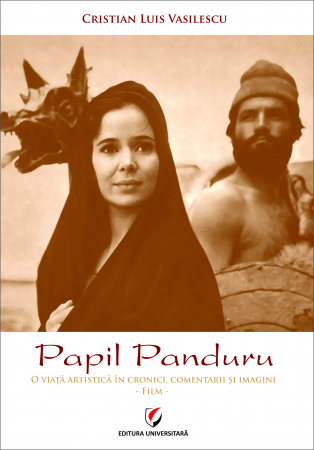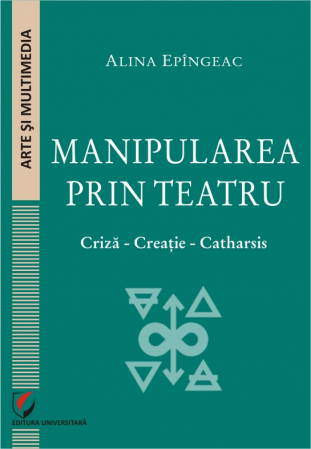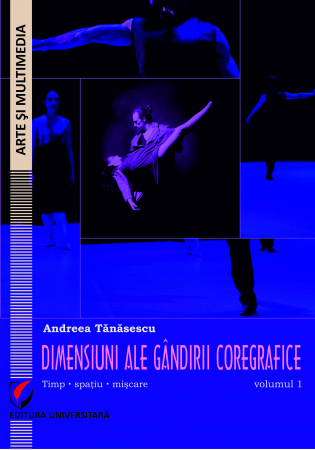ISBN: 978-606-591-160-4
Publisher year: 2011
Edition: I
Pages:
Publisher: Editura Universitară
Author: Adriana Diaconu
- Description
- Download (1)
- Content
- Authors
- Reviews (0)
In terms of early twentieth century we see an increase increasing interdependencies between nations. Those people who do not respect traditions, customs, risks losing its identity. Culture, spiritual values of the people, will help preserve our identity, we will help to attend a "concert of nations" with our own contribution.
Thus the mass media broadcast using folklore today, we risk witnessing a decline soon. Limitations of this phenomenon lies and school music education.
We propose to do so, a quality education in a spirit of authentic tradition. Also support the need to use popular song material, with more boldness, in practice musical skills, training and developing skills in writing - reading music.
Quoting Spiru Haret, road opener in Romanian pedagogy school, Ligia Zoicas Thomas said: "Our music education is not rational as long as national and will not base our musical genius" (Folk)
* * *
Adriana Diaconu found in practice inexhaustible resources offered by folk music, and in this paper reveals the receptivity of children attending the musical circles of the palace / clubs for children's musical material value, ignoring the fast enough musical material "in fashion".
The purpose of this work is the focus of interest and attention of music educators to materials inspired by folklore or folklore, continuing the positive traditions of the school or Romanian music.
Offering a model of "interdisciplinary field", this work supports the idea that children should be considered a folklore training in which learning and consolidation of all knowledge and skills specific to this age, to be achieved naturally, without barriers between different fields of knowledge, because learning fosters interdisciplinary development of a global vision, the transfer of information in different contexts, generating basic training experience creativity of children.
Work also supports the idea that folk traditions can be the first step to understanding music by children and children's folk model can be explored and recreated the composers.
At first the game form, and then form lesson, music education brings only benefits, joy and enthusiasm in the souls of children, regardless of where they are parallel or meridian.
It is important that early scientific training carefully coordinated music to start from what is familiar to them namely folk creations that can grow in area specific sound world which they belong.
Selection of folk songs from our music at the end of the work will be able to "arouse" interest of those involved in the phenomenon of music education to children who, paradoxically today, with all modern means of information and the flow of information, are still kept away from the authentic traditions and folklore products.
Prof. Doina Elena Bentu
Director of Children's Palace Baia Mare
Coming back to folk music in their musical education, the national language to express ideas and feelings, is an idea among musicians, teachers agreed in earlier times, just remember Edgar Willems, Zoltan Kodaly, George Breazul Constantin Brailoiu and elites Methodology Department of Music, University of Cluj, and Ligia Ivascanu Aurel Toma-Zoicas. They demonstrate sensitivity, understanding and solving complicated problems intuitive rhythm and melody and ornamentation, of the transition from modal to diatonic to students in a way quite naturally used by folk music class.
This great book "And the children sing" our colleagues Professor Adrian Diaconu - this talented trainer and educator singers - is welcome in the vast bibliography of musical repertoire and school documents, in this dark period, which can be called tragic in education Romanian music. When the number of hours of music from three secondary classes is one hour per week, and at the eighth grade and high school classes half an hour, no matter how large was the creative effort, no matter how valuable creation, new teachers today, we hope that will help future generations of students and teachers.
Music teacher Martha Ema Pasca
-
Si copiii canta ...
Download
Argument / 9
1. Folclorul muzical-valoarea sa în instrucţie şi educaţie / 11
1.1. Utilizarea folclorului în educaţie în diferite ţări / 14
1.2. Abordarea problemei în ţara noastră, evoluţia ei în timp / 14
1.3. Folclorul muzical în contemporaneitate / 27
2. Valoarea artistică a materialului muzical utilizat în instruire / 39
2.1. Prezenţa folclorului muzical în programele şi în manualele şcolare de azi / 39
2.2. Folclorul şi tradiţia în preocupările extraşcolare ale elevilor / 49
3. Pentru o utilizare mai susţinută a folclorului muzical în educarea şi instruirea tineretului; motivaţii, argumente / 63
4. Culegere de folclor muzical, posibil de utilizat în instruirea muzicală / 74
Index alfabetic al lucrărilor propuse / 94
Bibliografie / 95
Anexe FOTO / 97

6359.png)
![The children sing too... [1] The children sing too... [1]](https://gomagcdn.ro/domains/editurauniversitara.ro/files/product/large/si-copiii-canta-2068-169055.jpg)

